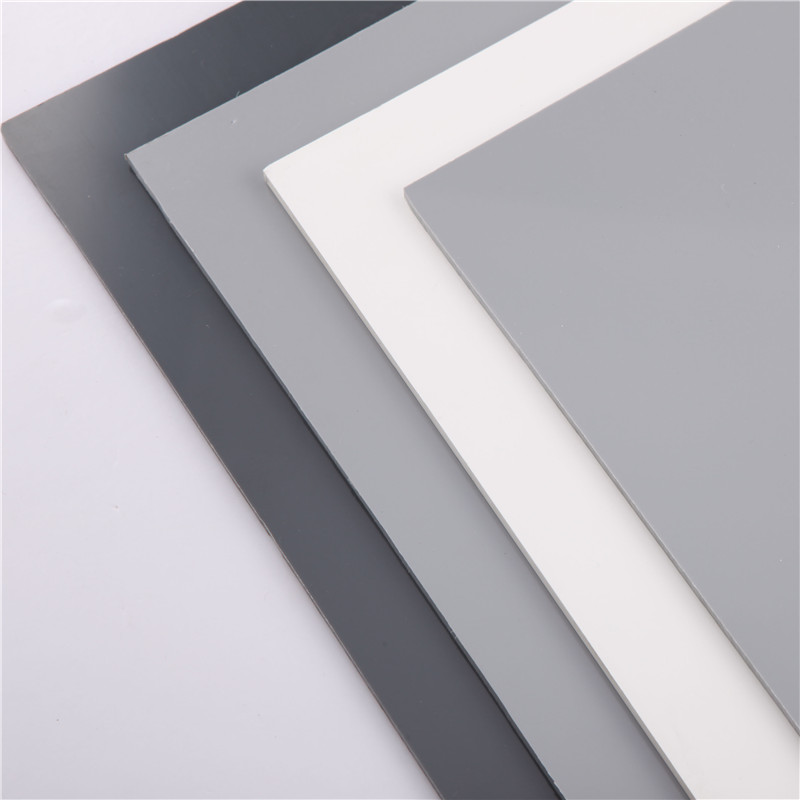Dec . 06, 2024 06:07 Back to list
Exploring the Benefits and Uses of HDPE Tubes in Various Applications
The Versatility of HDPE Tubes Applications and Advantages
High-Density Polyethylene (HDPE) is a robust and versatile thermoplastic polymer that has grown increasingly popular across various industries due to its impressive physical and chemical properties. HDPE tubes, in particular, have garnered significant attention for their durability, lightweight nature, and resistance to a wide range of environmental factors. This article will explore the applications and advantages of HDPE tubes, highlighting why they are an ideal choice for numerous uses.
What is HDPE?
High-Density Polyethylene (HDPE) is a type of polyethylene that is known for its high strength-to-density ratio. This material is produced from the polymerization of ethylene gas and is characterized by its linear structure, which allows for heightened stiffness and increased durability compared to other forms of polyethylene. One of the most appealing aspects of HDPE is its ability to withstand various stressors, making it suitable for demanding applications.
Applications of HDPE Tubes
1. Construction Industry HDPE tubes are increasingly used in the construction industry for plumbing and drainage systems. Their corrosion resistance and ability to handle high pressure make them suitable for transporting water, waste, and other fluids. Additionally, these tubes can be used in stormwater management systems, facilitating efficient drainage while ensuring longevity.
2. Agriculture In agriculture, HDPE tubes are commonly utilized for irrigation systems. Their resistance to chemicals and fertilizers, along with their lightweight nature, allows for easy installation and maintenance. Farmers often favor HDPE pipes over traditional materials because they can improve water distribution and reduce leakage, promoting sustainable farming practices.
3. Oil and Gas The oil and gas industry relies heavily on HDPE tubes for their pipelines. The material’s resistance to corrosive substances, high-pressure environments, and UV rays ensures the safety and reliability of fluid transmission. Moreover, HDPE pipelines are less likely to break compared to metal pipelines, reducing the risk of environmental contamination.
4. Telecommunications HDPE tubes are used extensively in the telecommunications sector for protecting fiber optic cables. The durability of HDPE provides excellent protection against physical damage and environmental conditions, ensuring that the communication infrastructure remains intact and functional.
hdpe tube

5. Recycling and Waste Management With the increasing focus on environmental sustainability, HDPE is a highly recyclable material. Used HDPE tubes can be reprocessed and repurposed into new products, reducing waste and the environmental impact of plastic disposal. This characteristic makes HDPE tubes not only a practical choice but also an eco-friendly one.
Advantages of HDPE Tubes
- Durability HDPE tubes are known for their strength and resilience. They can withstand impacts, high temperatures, and corrosive chemicals, making them suitable for various demanding applications.
- Lightweight Their lightweight nature makes HDPE tubes easy to transport and install, reducing labor costs in construction and infrastructure projects.
- Chemical Resistance HDPE is resistant to a wide range of chemicals, which is crucial for industries such as agriculture and oil and gas, where exposure to corrosive substances is common.
- Low Maintenance Due to their durability and resistance to rot and corrosion, HDPE tubes require minimal maintenance over their lifespan, leading to cost savings in the long run.
- Flexibility HDPE tubes can be manufactured in various sizes and shapes, making them adaptable to specific requirements across different sectors.
Conclusion
In summary, HDPE tubes are exceptionally versatile and widely used across multiple industries due to their numerous advantages. From construction and agriculture to telecommunications and waste management, the benefits of high-density polyethylene are driving its adoption as a reliable material solution. As industries continue to prioritize sustainability and efficiency, the use of HDPE tubes will likely become even more prominent, paving the way for innovative applications and environmentally friendly practices.
-
Durable PP Rigid Sheet: Versatile & High-Quality Plastic Panels
NewsAug.08,2025
-
Premium Glossy PP Rigid Sheet – Durable & Versatile
NewsAug.07,2025
-
High-Quality HDPE Sheet | Durable Plastic Panels
NewsAug.06,2025
-
High-Precision PVC Rigid Sheets for Vacuum Forming | AI-Optimized
NewsAug.05,2025
-
Durable PVC-M Water Supply Pipes | 60-Year Life
NewsAug.04,2025
-
Premium HDPE Water Supply Pipes: Durable & Leak-Proof
NewsAug.03,2025

